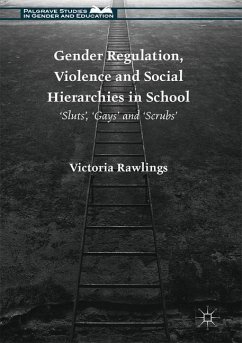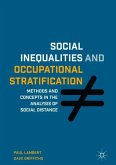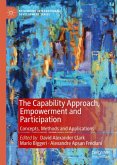This book investigates the reasons why the traditional psychological understanding of bullying fails those affected, and deconstructs how bullying is shaped by prominent discourse. By drawing on poststructuralist feminist theory Victoria Rawlings highlights the social and cultural inequalities too often forgotten in analysis of aggressive behaviour in schools, and places particular emphasis on gender and sexuality as facilitating and constraining forces within school environments and bullying discourses. This book provides a necessary assessment as to why current anti-bullying approaches are failing, and offers an alternative explanation as to how and why bullying occurs. This is a timely and authoritative study which is based on qualitative research, including interviews and group sessions which are used to emphasize the real-life experiences of young people in schools today. Interdisciplinary in nature, this book has a broad appeal and will be of special interest to scholars inthe fields of gender and sexuality studies, sociology, and education.
"Rawlings does an exceptional job at dissuading the reader from traditional bullying theories by offering more contemporary theories ... . offering transcripts of student discourse along with teacher/principal discourse gives the reader an interesting look into the similarities that occur at both levels in a school system. ... Rawlings leaves her audience with a helpful and empirically backed start in which schools may begin to see a meaningful impact and inclusive influence on all areas and demographics affected by bullying." (Jacob Christenson, Journal of Youth and Adolescence, Vol. 46, 2017)








